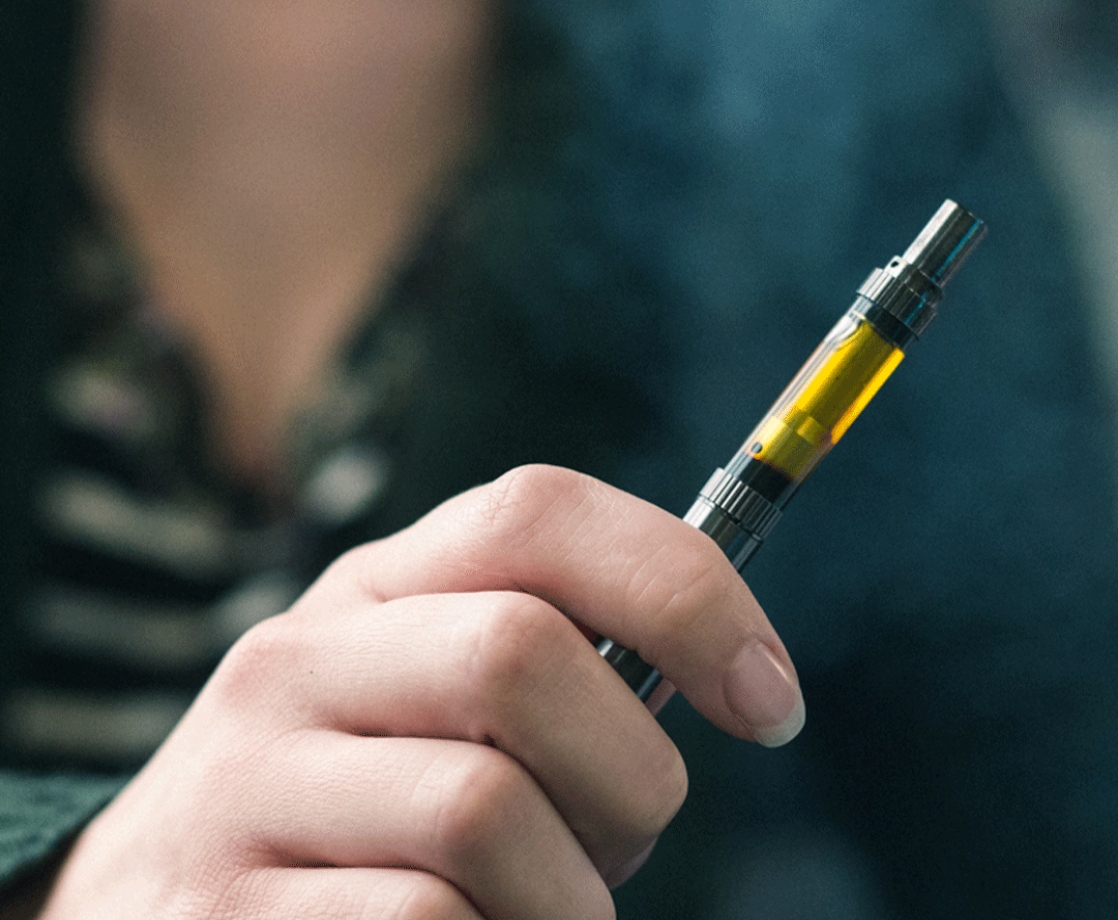The Maryland Medical Cannabis Commission (MMCC) has issued an advisory warning to medical marijuana “patients and other stakeholders of potential lead contamination of cannabis liquids in vape cartridges following exposure to heat,” The Baltimore Sun reports.
State regulators were tipped off to the potential risk of heavy metal contamination by a 2018 study by the Johns Hopkins Bloomberg School of Public Health, which found “potentially unsafe levels of lead, chromium, manganese and/or nickel” in popular vaping devices. This January, several California testing labs also reported that many vape cartridges being sold in the Golden State contained toxic amounts of lead.
In response to the growing concerns over lead poisoning, the MMCC created new rules requiring that medical cannabis products undergo additional heavy metal testing. “The proposed regulations still need to go through the established approval process, however, in the interest of public safety, and as an additional safeguard for quality products, we are requiring the testing on the final vape cartridges to begin immediately,” said MMCC executive director Joy Strand, according to the Sun.
Late last Friday, the commission released a statement reporting the results of preliminary tests conducted between late March and early April. “The results indicate that while lead is not present in Maryland vape cartridges at the time of product testing, lead may leach into the product from exposure to the heating coils with use, over time,” the statement reads. “Reports in other states and a small sample of used vape cartridges tested in Maryland indicate that lead may leach from metal heating coils into the cannabis liquid within the vape cartridge with use, over time.”
Strand indicated that while the investigation into heavy metal contamination may be ongoing, the MMCC “felt it was in the best interest of public safety to take these steps today with what we know now.”
Maryland has actually required that all cannabis grown in the state be tested for metal contamination since the program kicked off in 2017. The former regulations did not require that testing labs look for toxic metals in cannabis-infused products, however. The new rules now require labs to test cannabis oil after it has been sitting in vape cartridges, in order to determine whether any lead or other metals have leached from the cartridge into the oil.
The additional testing can cost around $500 per batch, an extra financial burden that the state’s medical cannabis producers will have to bear. Some producers have already taken steps to avoid metal contamination, however. Mackie Barch, chairman of the Maryland Wholesale Medical Cannabis Trade Association and owner of a local dispensary, told the Sun that he’s already aware that vape carts “made of crappy metals… can secrete toxic metals [into the oil.]” Barch explained that some local producers have already solved the problem by switching to ceramic cartridges, which have so far been certified free from heavy metals.











